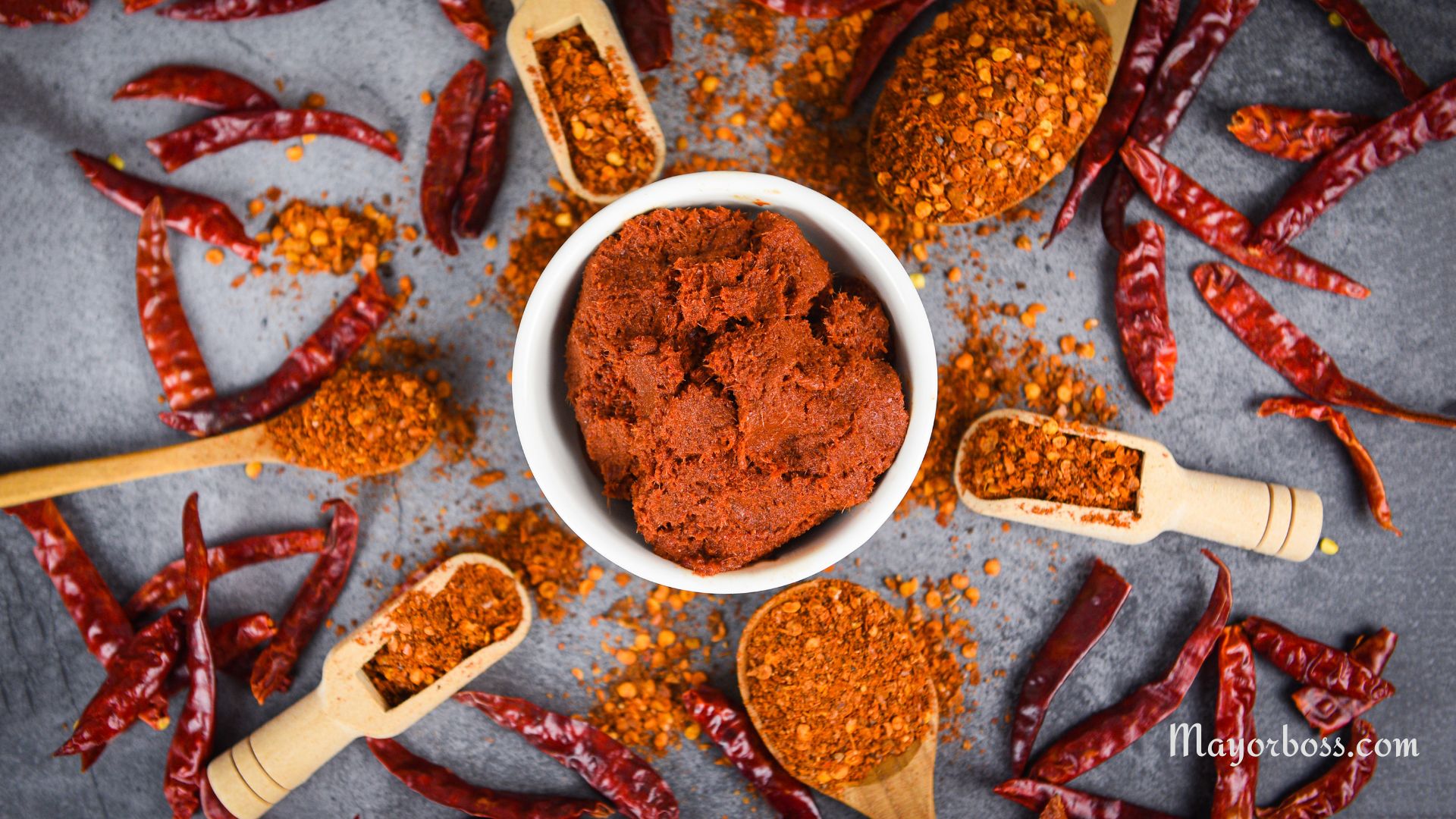What Foods Naturally Thin Your Blood? A Comprehensive Guide
Are you curious about how certain foods can naturally thin your blood? Many of you might be seeking natural alternatives to blood-thinning medications, especially if you’re managing conditions like heart disease or deep vein thrombosis.

Natural Blood Thinners: What Are They?
Foods that naturally thin your blood work by reducing blood platelet aggregation or affecting the clotting process. Keep in mind that while these foods can support cardiovascular health, they should never replace medical treatments without a doctor’s guidance.
Foods That Act as Natural Anticoagulants:
- Omega-3 Rich Fish: Salmon, mackerel, and sardines are high in omega-3 fatty acids, which can help reduce blood clot formation.
- Garlic: Known for its unique health benefits, garlic contains compounds that can help in thinning the blood.
- Turmeric: This spice contains curcumin, which has anti-inflammatory and blood-thinning properties.
- Ginger: Similar to turmeric, ginger can also prevent blood clots.
- Cayenne pepper: Cayenne pepper contains capsaicin, which is known for its blood-thinning properties. It helps in enhancing blood flow throughout the body.
Foods High in Vitamin E:
- Nuts and Seeds: Almonds, flaxseeds, and sunflower seeds are excellent sources of Vitamin E, a natural blood thinner.
- Green Leafy Vegetables: Spinach, kale, and Swiss chard are not only nutritious but also rich in Vitamin E.
Foods Containing Salicylates:
- Berries: Strawberries, blueberries, and cranberries contain salicylates, which have a blood-thinning effect.
- Spices: Some spices, like cinnamon and oregano, are also rich in salicylates.
Balancing Your Diet for Optimal Blood Health
You can integrate these foods into your diet, but it’s crucial to maintain balance. Overconsumption of any food, even healthy ones, can lead to health issues.
Tips for Incorporating Blood-Thinning Foods:
- Diversify Your Diet: Include a variety of these foods to ensure a balanced intake of nutrients.
- Moderation is Key: Enjoy these foods in moderation to avoid potential negative side effects.
- Stay Hydrated: Water is essential for maintaining healthy blood viscosity.
Caution and Consultation
- Interaction with Medications: If you’re on blood-thinning medications, some of these foods might interact with them. It’s essential to consult with your healthcare provider.
- Underlying Health Conditions: If you have any health conditions, especially those related to blood or heart health, seek medical advice before making dietary changes.
Frequently Asked Questions
Q: Can I replace my blood-thinning medication with these foods? A: No, you should not replace prescribed medications with foods without consulting your doctor.
Q: Are these foods safe for everyone? A: While generally safe, individual reactions can vary, especially in people with allergies or those taking certain medications.
Q: How quickly do these foods start thinning the blood? A: The effect of these foods on blood thinning is gradual and varies from person to person. It’s not an immediate effect like that of medication.
In conclusion, incorporating foods that naturally thin the blood can be a healthy addition to your diet.
